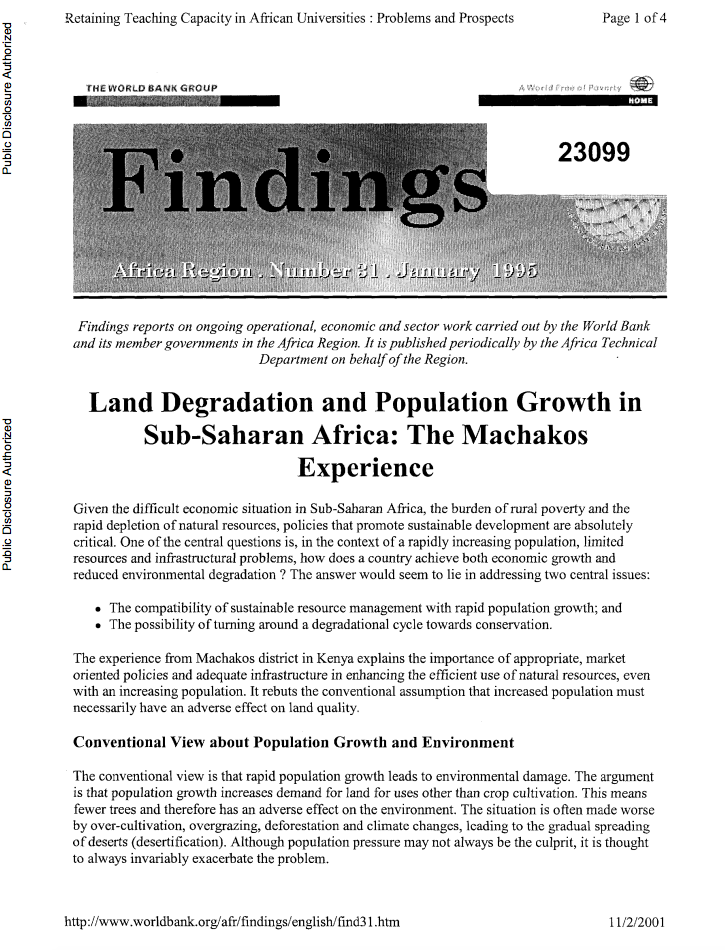A Comparative Overview of the Incidence of Non-Tariff Measures on Trade in Lao PDR
An efficient and transparent regulatory
framework governing international trade is a necessary
condition for countries to realize the benefits of
international trade. Over the last decade, Lao PDR has been
deepening its economic ties with the global economy through
the formal accession to the WTO in 2013. At the regional
level, the country is committed to be full member of the
ASEAN Economic Community. These agreements entailed profound


